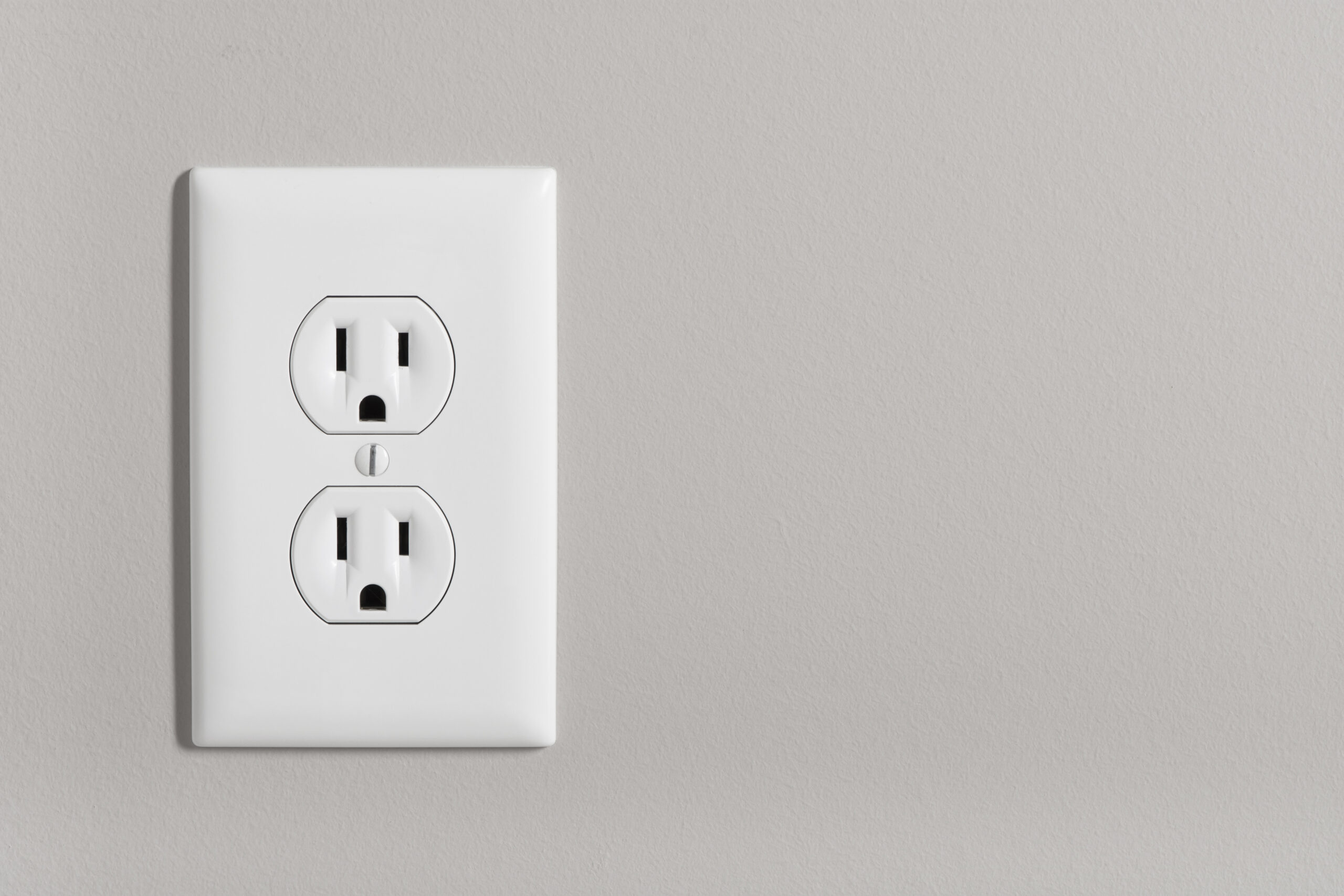
Added to the National Electric Code (NEC) in 1971, GFCI outlets have helped prevent countless injuries since their inception. Typically found in kitchens, bathrooms, garages, and outdoor areas, these fast-acting circuit breakers terminate electric power during ground fault events in less than a second. Faulty wiring, high levels of moisture, and build-ups of dust and other debris are just a few of the many triggers that could cause your GFCIs to trip. In most cases, resetting a GFCI in your Fox Valley, WI home should be both quick and easy. If it isn’t, the following are several possible reasons why.
Your Outlet Wires Have Been Backstabbed Into Position
Backstabbing wires is an unfortunate and incredibly common practice in the electrical industry. Rather than mounting wires using the screws at the backs of outlets or compression-mounting them with in-outlet prongs, some electricians simply force or “backstab” them into position. This often leaves homeowners with loose, dubious connections, unreliable outlet performance, and frequent breaker trips. Backstabbed wiring can also cause overheating at both standard and GFCI outlets. When a GFCI outlet overheats and trips, you won’t be able to reset it until the underlying cause of overheating is resolved.
Surprisingly, backstabbing isn’t against the standard electrical code electricians have adopted. It is a legal practice for any 14-gauge wire. It’s also the cheapest and most time-efficient way to install electrical systems in large residential and commercial properties. If you recently had your outlets replaced and are just now dealing with GFCI failure or malfunction, your issue could be installation-related. In addition to backstabbing wires, distracted or poorly trained contractors can make small mistakes during these projects that have major effects on outlet safety and performance.
Unprotected Power Surges
Although it can handle modest variations in voltage, your electrical system requires a constant and even electricity supply. Whether caused by severe weather events or other disruptions in utility service, power outages invariably mean that more voltage will enter your wiring as soon as the problem is resolved. Even a single power surge could damage your appliances, electronics, lighting, wiring, and outlets.
However, it doesn’t take a storm to set the stage for a surge event. Power surges occur in most residential properties all of the time. The electricity supply from your utility company to your home ebbs and flows. You might notice this happening if your lights flicker off and on. Even these ultra-short, mini-surges can take a toll over time. If your GFCI outlets were working before but are refusing to reset right now, it may be that they’ve finally worn down. When replacing surge-damaged GFCIs, it’s also a good idea to invest in whole-house surge protection.
Your GFCI Outlets Are Defective or Old
Even with careful and accurate installation, new GFCI outlets can malfunction. Like all products, their quality and performance are subject to issues with defective or substandard materials and incorrect assembly. There’s also the fact that some GFCI outlets have markedly shorter lifespans than standard options. Most standard electric outlets last 15 to 30 years. Comparatively, some GFCI outlets last just five years, especially in high-demand, high-use areas. Whether your GFCI outlets are expected to last a decade or more or have a much shorter service life, they should be tested and inspected monthly to identify changes in their performance and condition.
There’s Moisture in the Outlet
GFCI outlets are primarily located in high-moisture areas. Not only are they in bathrooms and kitchens, but they’re often right near dishwashers, sinks, and messy garbage disposals. As such, they can get splashed or doused when residents are especially energetic while cooking, washing dishes, or engaging in other nearby activities. If you believe that you’ve unintentionally wet a GFCI outlet, you’ll have to wait it out. If a small amount of moisture enters the outlet, wait overnight before testing the circuit again. If someone overfilled your sink or if the outlet was inundated with water in another way, call an electrician.
Having moisture in a GFCI outlet can also be an indication of problems with protected appliances. For instance, your dishwasher or washing machine may be leaking water that’s affecting the in-wall wiring. When a damaged or leaking appliance is the cause of a GFCI malfunction, you’ll have to schedule appliance repairs before attempting to reset and use the affected outlets again. You’ll also have to wait until the outlet has completely dried.
You Have Pest Problems
Many pest problems are best known for the costly property damages they cause. This is especially true with rodents, cockroaches, bed bugs, and termites. These are all pests that have a tendency to enter walls and either eat or destroy electrical wiring.
If you have or suspect you have problems with rats or mice, these pests may be chewing on the wiring behind your GFCI outlets. Among the most detrimental rodent activities to property values is nighttime gnawing. Rats gnaw through electrical wires to shorten and hone their fast-growing teeth.
Cockroaches damage wiring in a different way. They actually feed on wiring insulation. As this insulation is stripped away, the risk of problems like overheating and short-circuiting increases. Both rats and cockroaches prefer to set up camp near water-reliant appliances for easy access to water. Their activities in and around appliances can cause leaks and functional problems that trigger GFCI trips.
Bed bugs can cause some pretty serious electrical damage too. In addition to mattresses, linens, and boxsprings, outlets are among their favorite hiding places. Outlets aren’t impacted by most do-it-yourself pest treatments, and they provide easy access to sleeping residents. The detritus that bed bugs leave behind contributes to overheating. Build-ups of insect debris in outlets are also a problem with unchecked termite populations.
Recent Construction Has Damaged Your Outlets
When performing work on or in your home, contractors should use diligent dust control measures to prevent airborne debris from entering and affecting your outlets. Having too much dirt, dust, and other particulate matter in outlets creates the risk of electrical fires.
Even if you haven’t made any major renovations in your Fox Valley home, your outlets could have an abundance of dirt if you live near an airport, busy street, or major highway. This could also be the case if you haven’t yet landscaped your yard. In fact, even having active construction on a neighboring lot could impact your indoor air quality and the interior of your electrical outlets.
It’s Time To Replace Your Home’s Electrical Wiring
GFCI devices protect homeowners against ground fault events for which factors like loss of insulation, moisture, and debris frequently serve as the underlying cause. However, it’s also important to consider the health and integrity of your home’s electrical wiring. Home wiring can last five decades or more. If you purchased existing construction and don’t know how old your wiring is, this is a critical factor to research. It’s also important to note that just like your outlets, your home’s electrical wires can be seriously damaged by unprotected power surges.
Since 1956, we’ve been serving Fox Valley, WI, and the surrounding communities with top-notch electrical, plumbing, and HVAC services. We offer surge protection, home automation, and whole-house rewiring. If you’re having trouble resetting your GFCI outlets, give Black-Haak a call.

